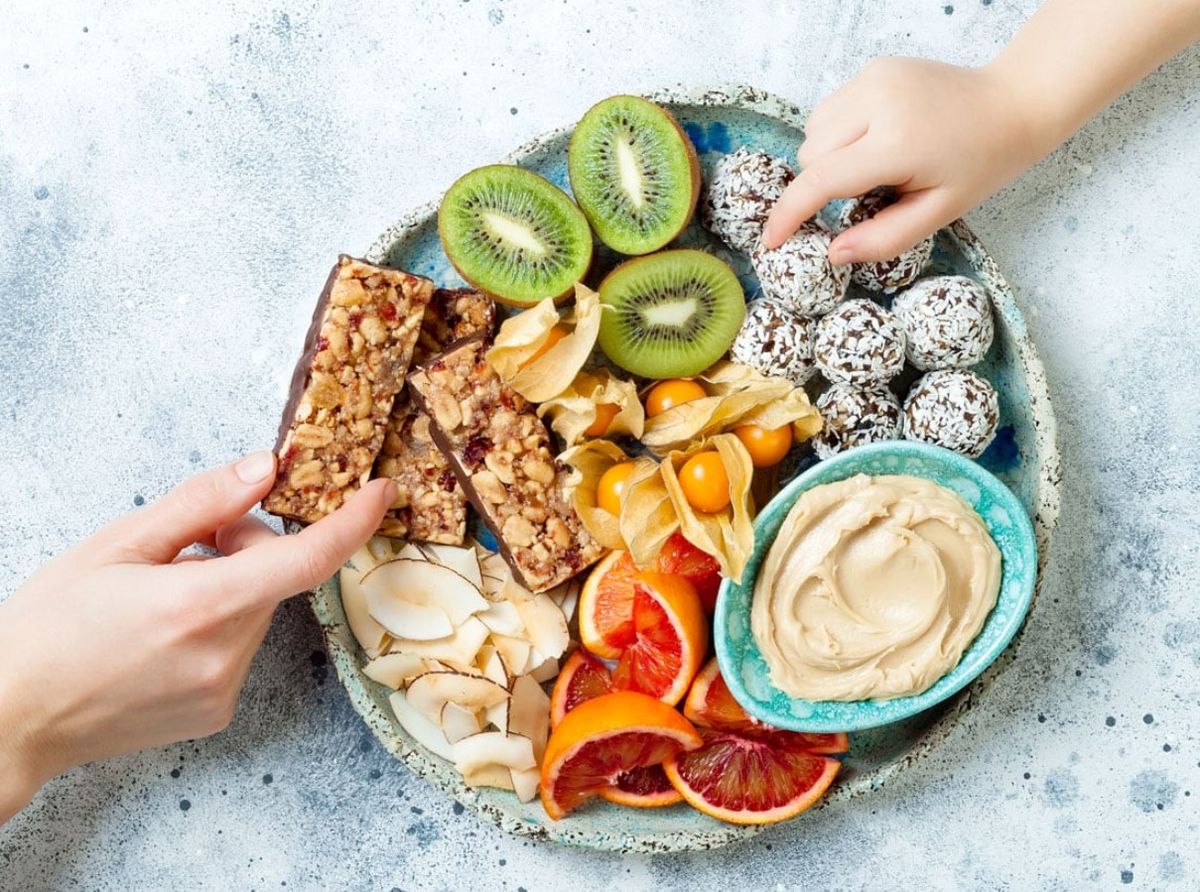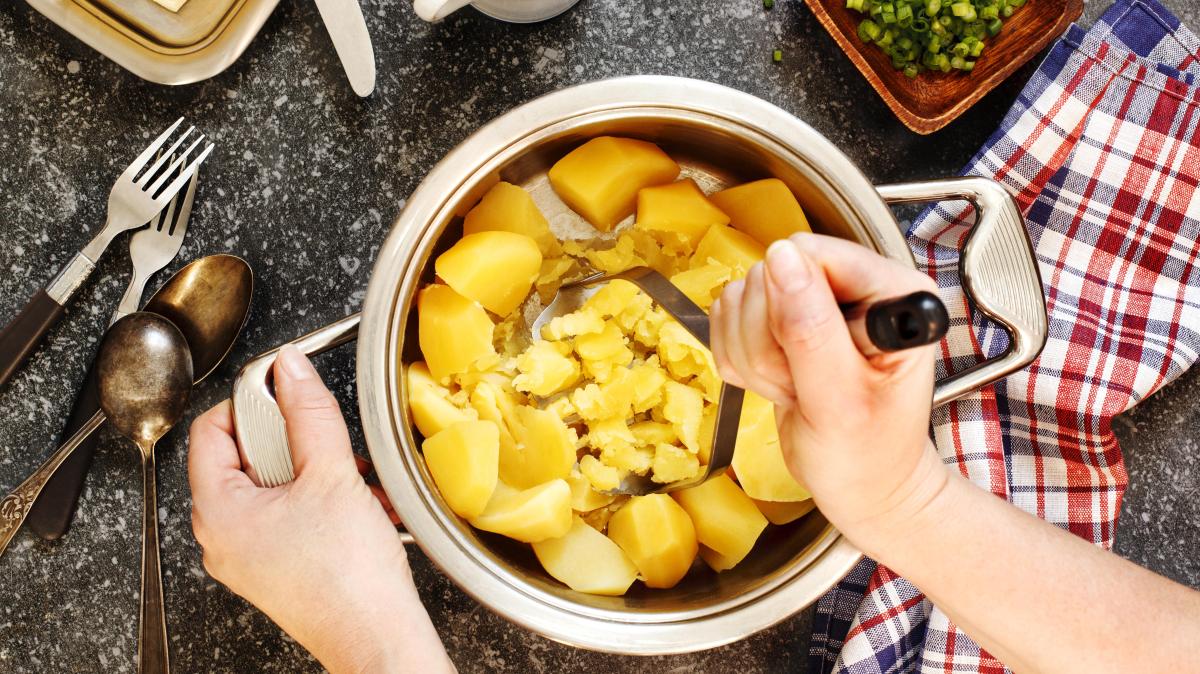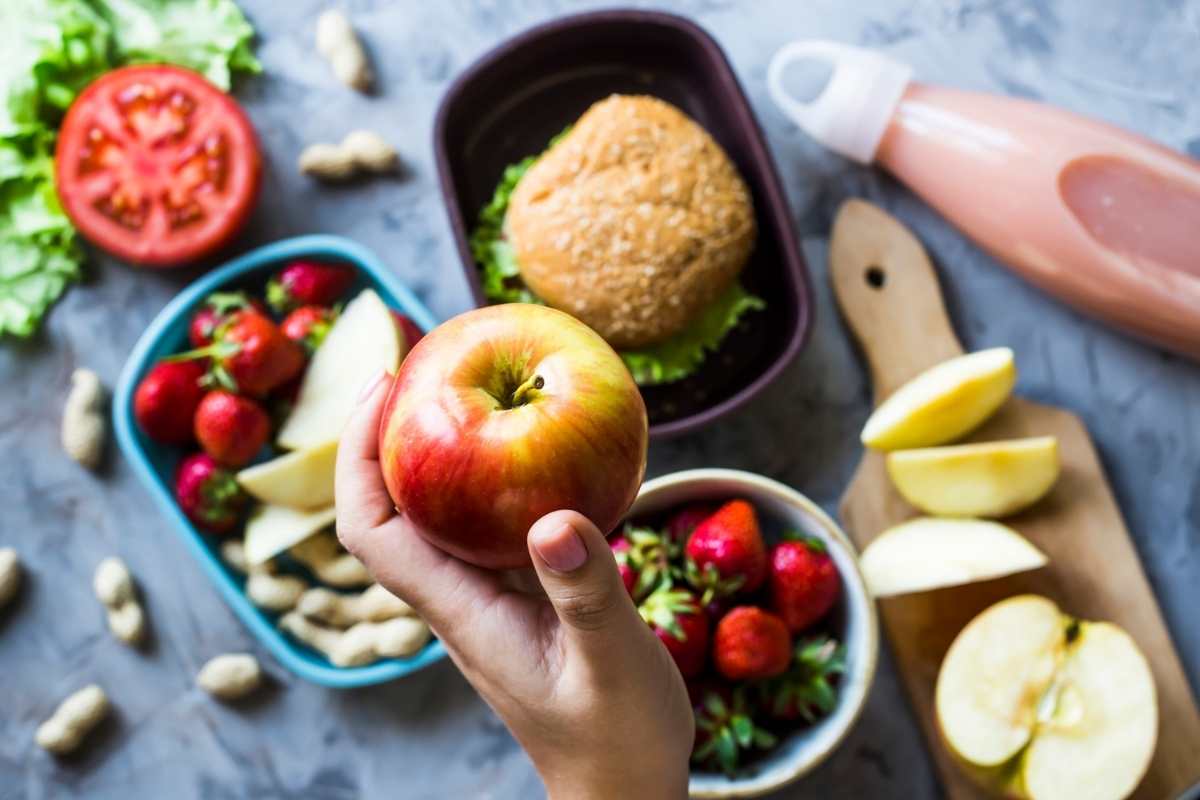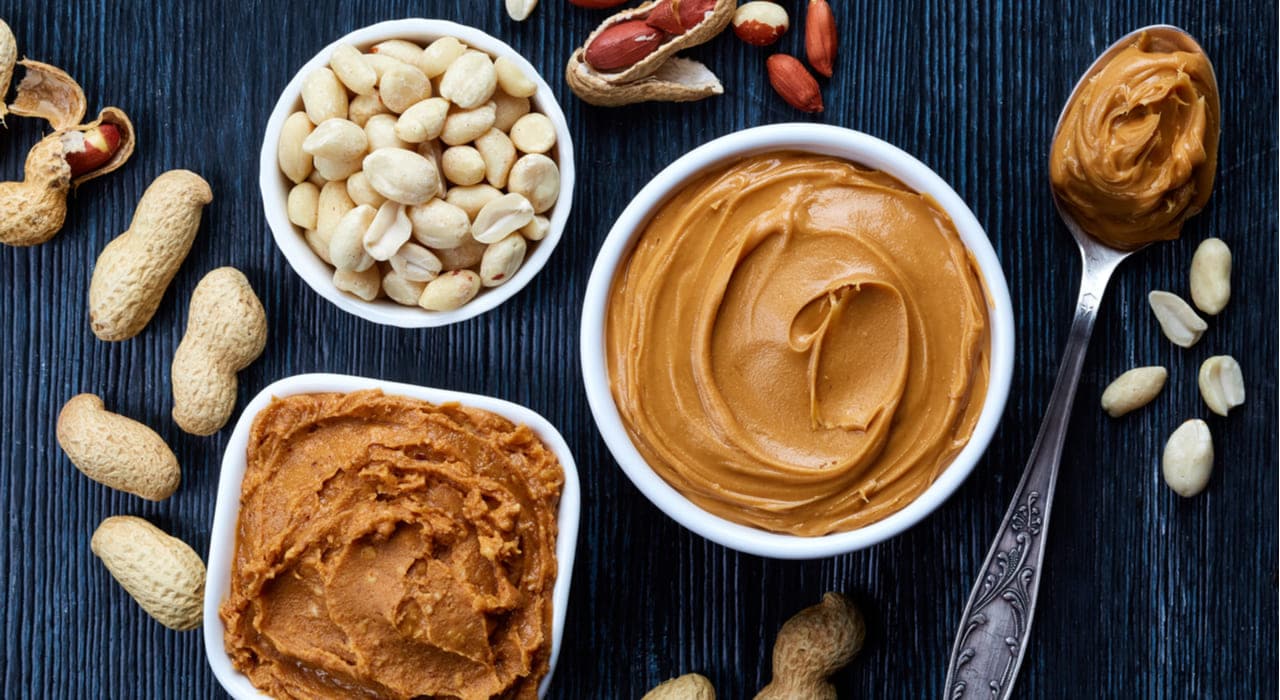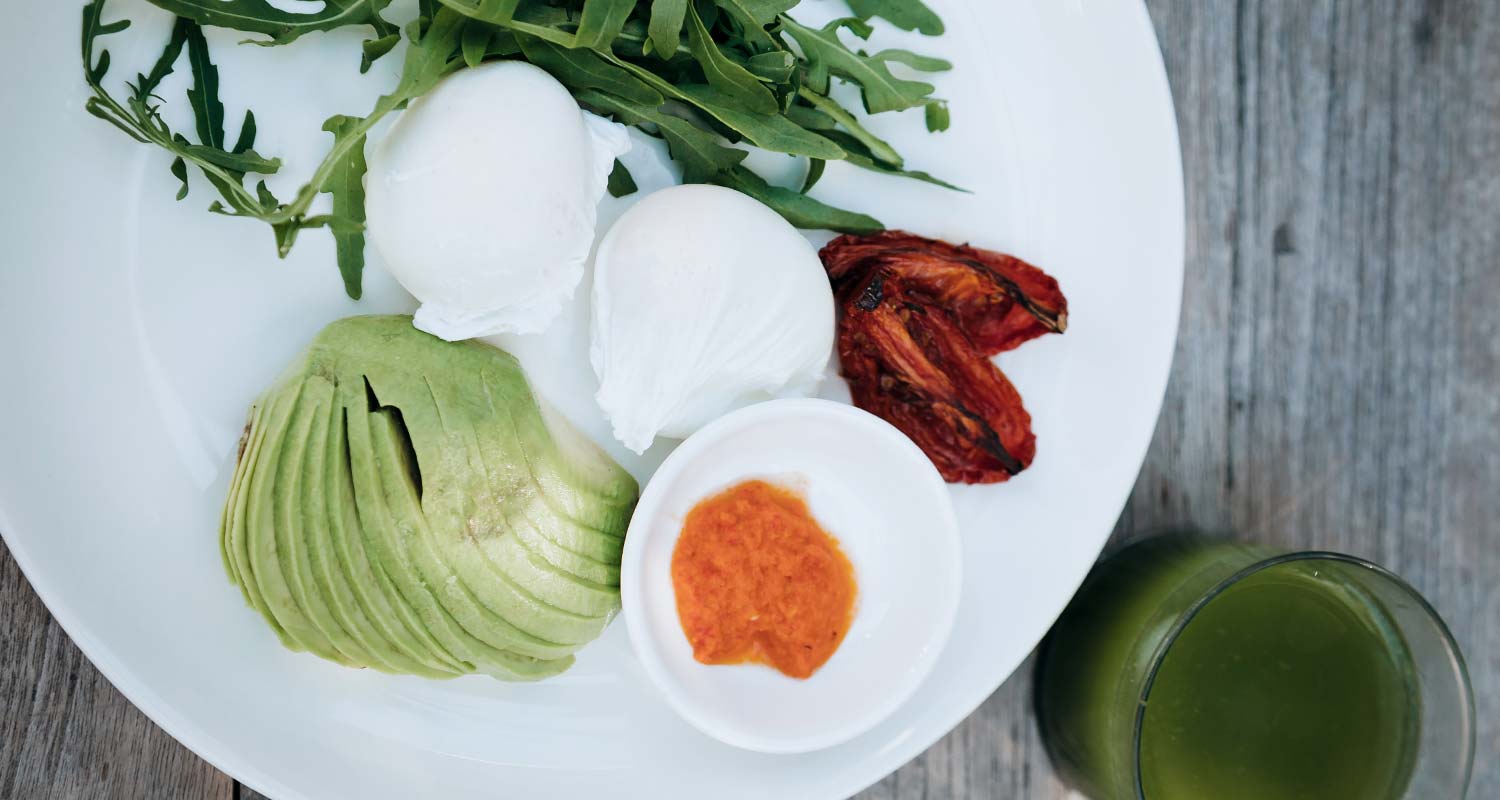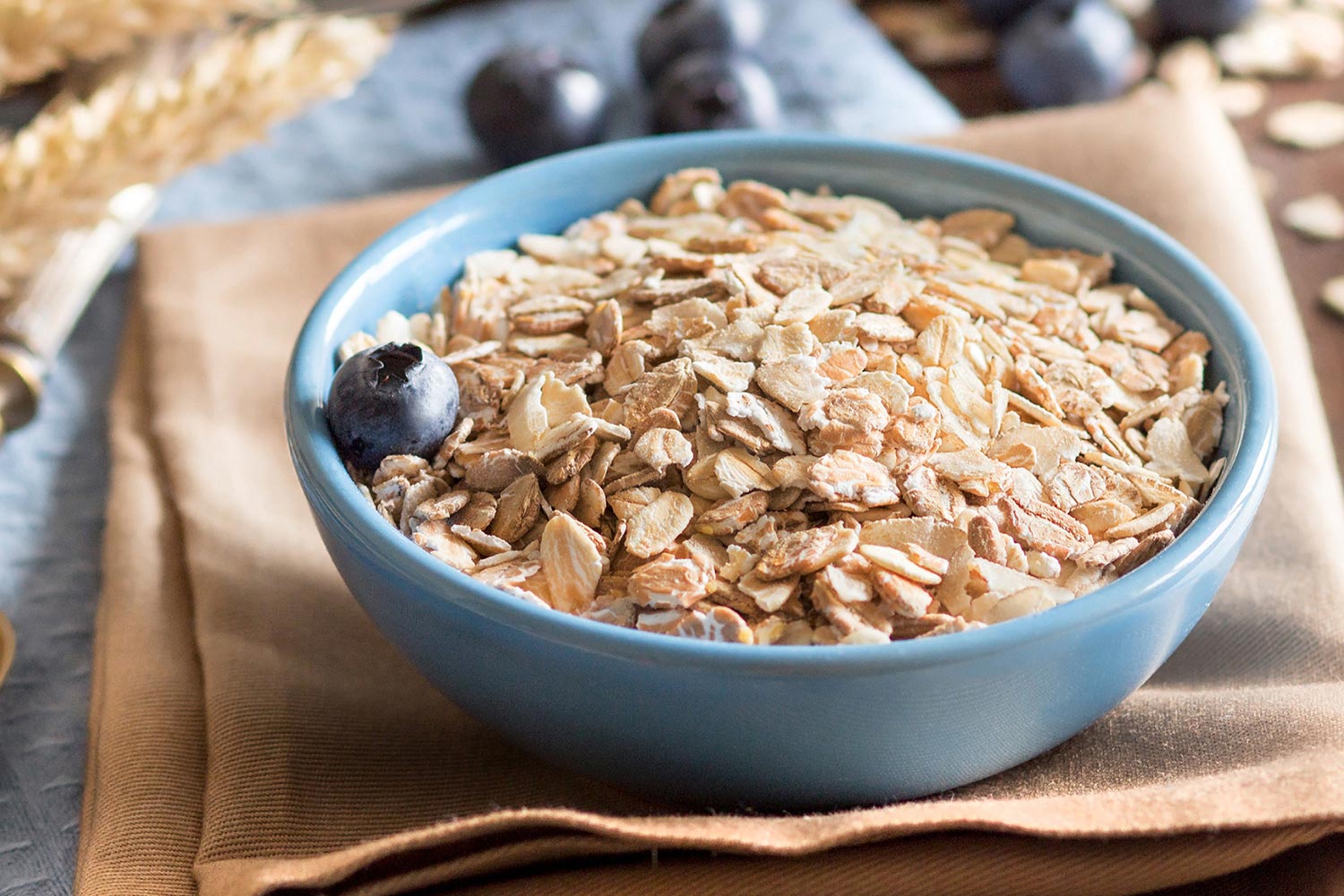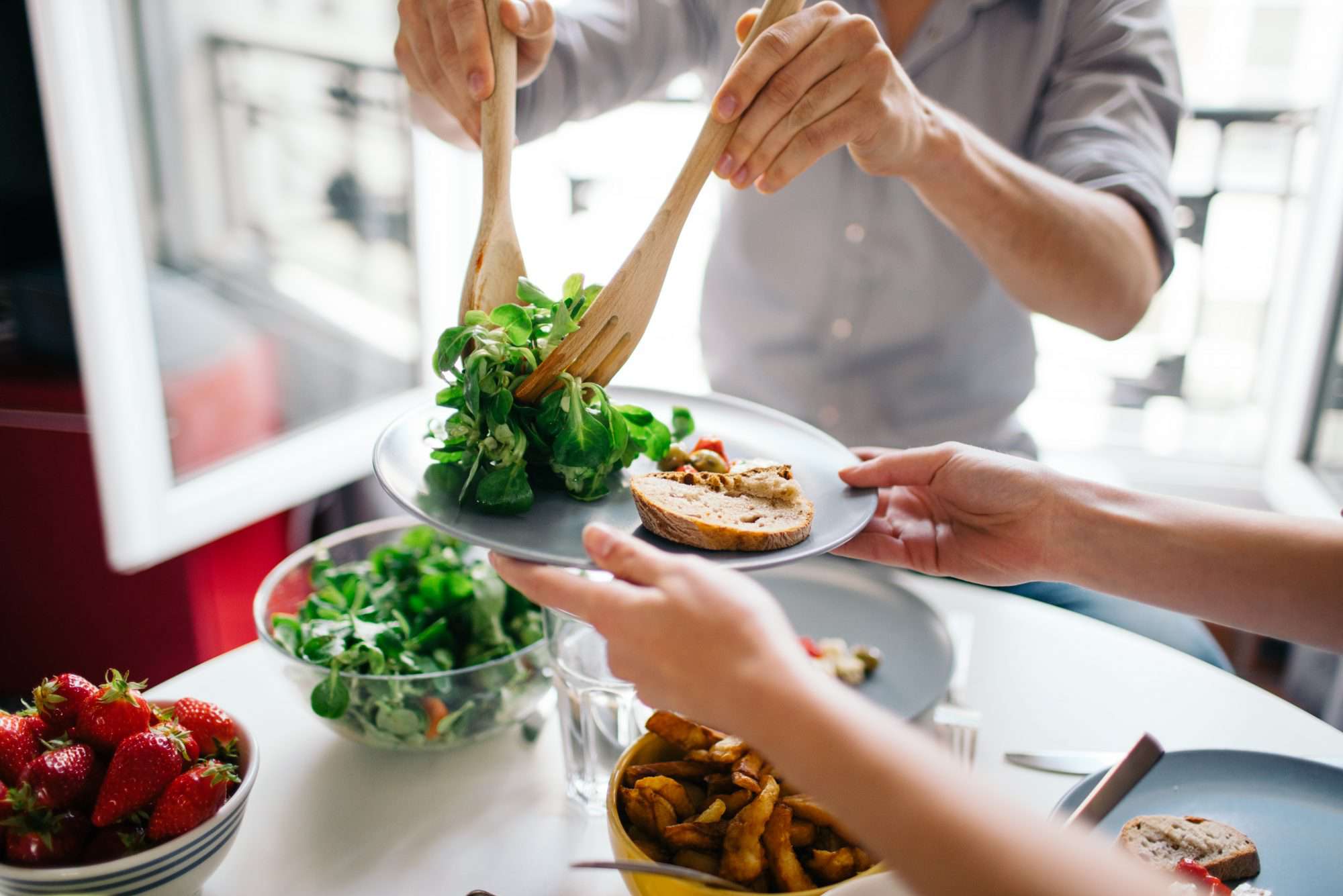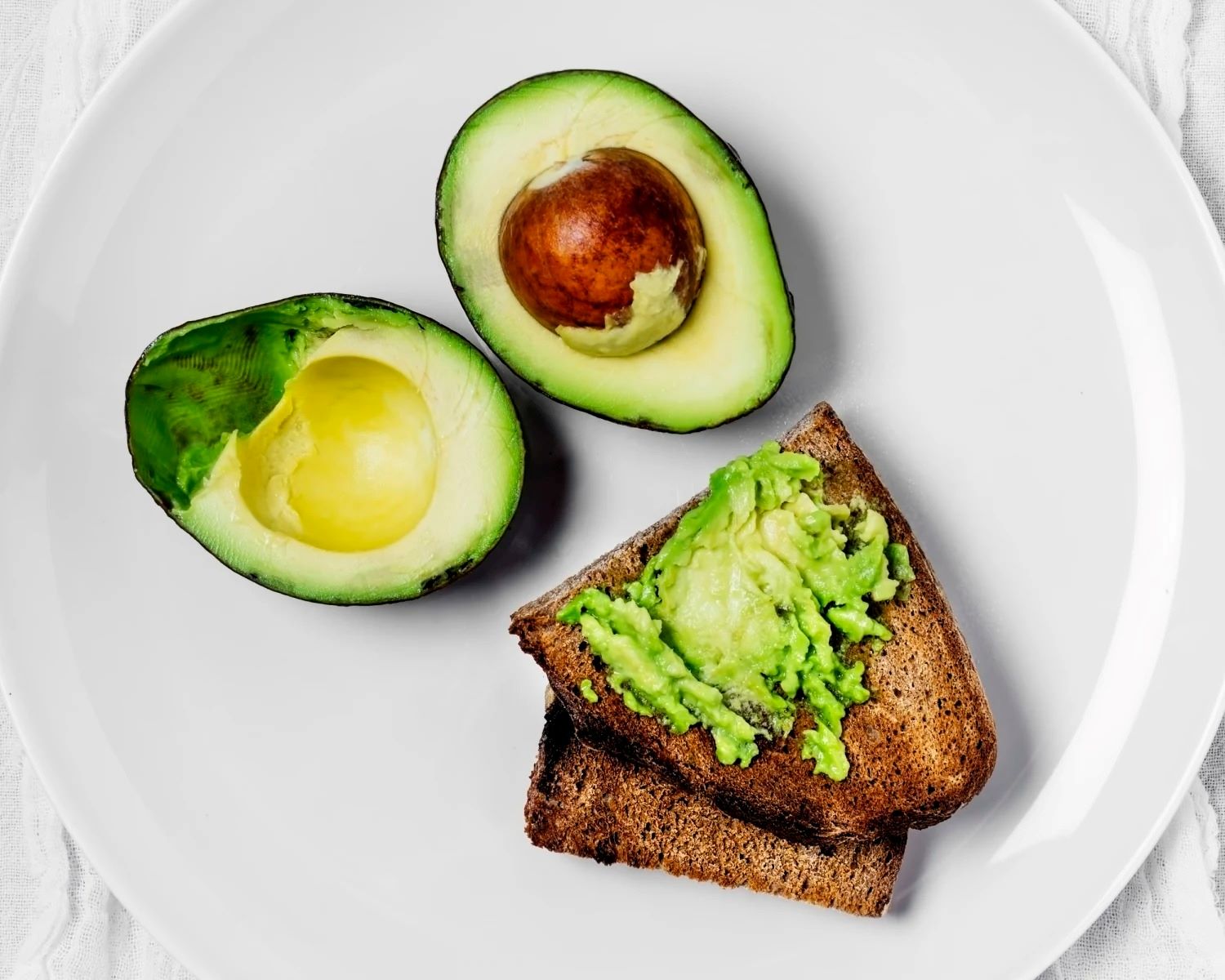How to Regain Control After Overindulging
It happens to the best of us. You attend a dinner party or indulge in a late-night snack, and before you know it, you’ve overeaten. The next day, you may find yourself feeling bloated and sluggish, and the last thing you want to do is overeat again. Here are some tips to help you eat less the day after eating too much the previous night.
1. Start with a Healthy Breakfast
After a night of overeating, it’s important to start the next day with a healthy breakfast. Choose a meal that is high in protein and fiber to help keep you feeling full and satisfied. Consider options like scrambled eggs with vegetables or a bowl of oatmeal topped with fresh fruit and nuts.
2. Stay Hydrated
Drinking plenty of water throughout the day can help you feel full and prevent overeating. Aim to drink at least 8-10 glasses of water to stay hydrated and curb your appetite. You can also opt for herbal teas or infused water for added flavor and hydration.
3. Mindful Eating
Practice mindful eating by paying attention to your body’s hunger and fullness cues. Eat slowly, savor each bite, and stop when you start to feel satisfied. Avoid distractions such as watching TV or using your phone while eating, as these can lead to mindless overeating.
4. Choose Nutrient-Dense Foods
Opt for nutrient-dense foods such as fruits, vegetables, lean proteins, and whole grains. These foods are packed with essential nutrients and can help you feel full without consuming excess calories. Incorporating a variety of colorful fruits and vegetables into your meals can also help to naturally limit your calorie intake.
5. Plan Balanced Meals
Plan balanced meals that include a mix of protein, healthy fats, and carbohydrates. This can help stabilize your blood sugar levels and prevent cravings for unhealthy, high-calorie foods. Aim to include a source of protein, such as chicken, fish, or tofu, in each meal to promote feelings of fullness.
6. Control Portion Sizes
Be mindful of portion sizes to avoid overeating. Use smaller plates and bowls to help control your portions, and avoid going back for seconds. Eating from smaller dishes can create the illusion of a fuller plate, which can help satisfy your visual hunger cues.
7. Get Moving
Engage in physical activity to help offset the effects of overeating. Take a brisk walk, go for a bike ride, or participate in a yoga class to get your body moving and boost your metabolism. Exercise can also help improve digestion and reduce bloating, making it easier to eat less the day after overeating.
8. Practice Self-Compassion
It’s important to practice self-compassion and avoid feelings of guilt or shame after overeating. Acknowledge that it’s normal to occasionally indulge and focus on making healthier choices moving forward. Be kind to yourself and remember that one overindulgent meal does not define your overall health and wellness.
By incorporating these strategies into your routine, you can effectively eat less the day after eating too much the previous night. Remember to listen to your body, make mindful food choices, and prioritize your overall well-being.

